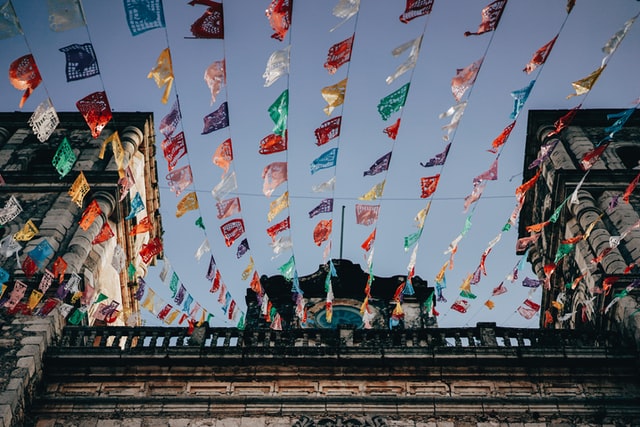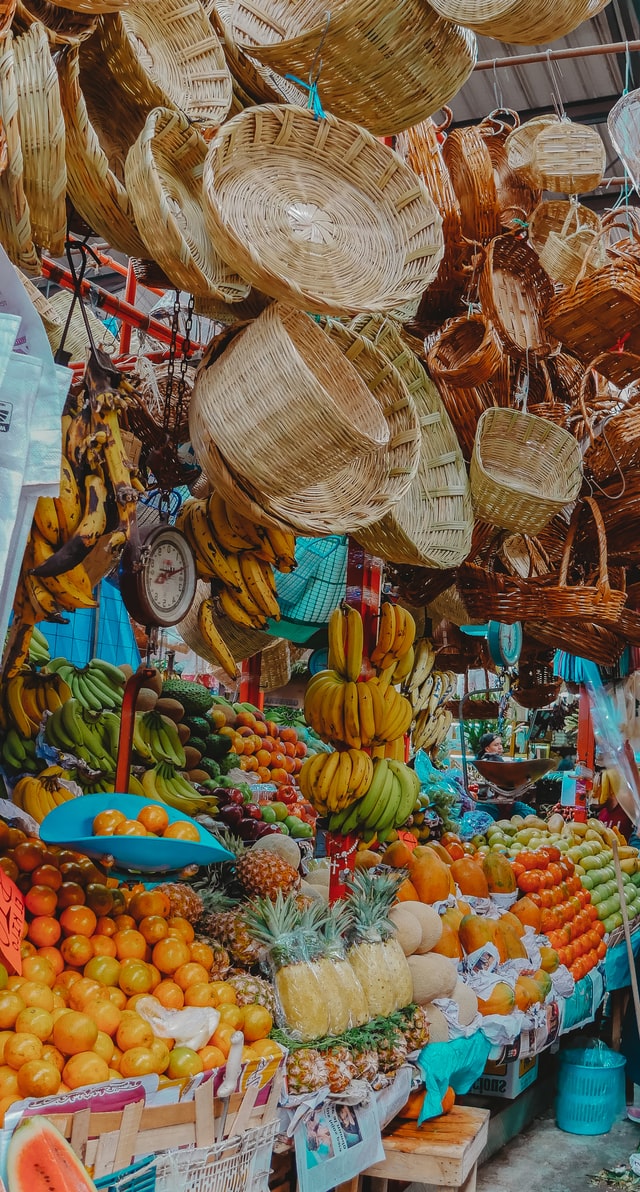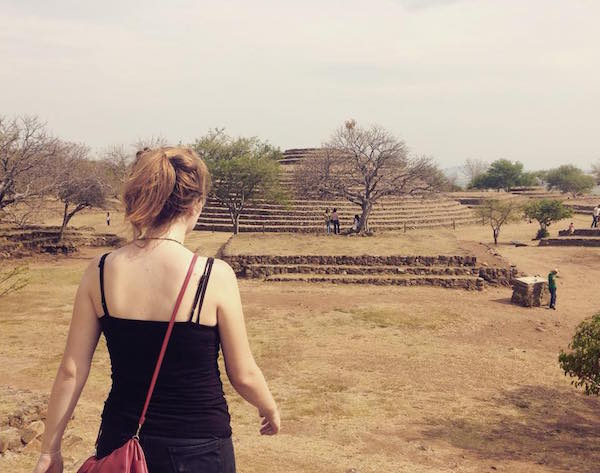A British Student’s Mexican Year Abroad

Mexico is not the obvious choice for a British student about to embark upon her year abroad, nor was it a very popular one when I broke the news to my mum. Looking back, I probably should have done it face-to-face rather than over the phone, but hindsight is a beautiful thing.
In all honesty, although it may have seemed like it to my mum, the decision to travel to Mexico was not a snap decision. At my university, as with most British universities, the year abroad is a crucial part of a language student’s degree programme and the majority opt for what can be loosely considered the ‘easier’ option – because your home university facilitates the exchange – of moving to a European country and taking part in the wildly successful Erasmus scheme.
I was certain I didn’t want to waste my time abroad studying modules that in all likelihood wouldn’t have interested me. Plus, I’m a natural show-off at heart, so I had to go further afield than my friends.
And thus began my mum’s year of worry and my year of rebuffing questions about cartels and kidnappings.
That’s not to say it was an entirely arduous process, fraught with decision making either. I mean, I’d never even been to America – North, South or Central. But it just seemed right. After settling on the British Council Assistantship Programme in Latin America, I spent an afternoon leafing through the country guide they provide you with before submitting your application.
It’s worth noting that for most British Council placements – in Europe especially – you’re allowed to specify regions within your chosen country where you want to work. For Latin America, and generally non-European destinations, you’re only allowed to specify a country. I originally wanted to go to Argentina, but based on the 14-hour working week, 9-month placement, and the reassuringly manageable maximum class sizes of 30 students, I decided on Mexico.

And thus began my mum’s year of worry and my year of rebuffing questions about cartels and kidnappings. So were all those worries unfounded? Is Mexico just a den of thieves and drug dealers? Long story short, no. That’s not to say the headlines held no truth, but the case is massively overstated.
Here are just some of the most common responses I faced when the news got around that I was moving to Mexico:
“But Mexico is dangerous!”
This statement could apply to any country and just incites unnecessary panic. A great example of this sentiment comes from the ‘warning’ talk we were given upon arriving in Mexico by the British Council, which we found out afterwards was basically a carbon copy of the one given to Chinese students studying in London.
Anywhere can be dangerous if you’re not familiar with it, so your common sense is your biggest asset in avoiding trouble in Mexico. As mentioned in my travel tips, stay away from areas that locals say are dangerous—they know. Don’t travel alone at night, and don’t flash expensive valuables (think cameras, smartphones, purses stuffed with wads of pesos).
“It’s full of drugs!”
Well, it is. During my time in Guadalajara, Jalisco (Jalisco is known for being the home of one of Mexico’s most dominant cartels – New Generation), I did get caught up in narcoviolence. Cartels squared off against authorities, burnt banks, buses and gas stations, and major routes in and out of the state were blocked. I, and most of central Guadalajara’s residents, only became aware of what was happening when normally regular bus routes simply ceased to run without prior warning.
Ultimately, Mexico is well-known for its cartel activity and associated violence, although the right-wing rhetoric which denounces all Mexicans as drug addicts is blatantly skewed. For the majority of Mexicans, drugs are something they want nothing to do with and the people selling drugs and working with cartels are almost certainly in the minority. Whilst the casualties of the drug war continue to grow, attacks tend to be targeted at rival gangs and their families, not travellers.

A British Student’s Mexican Year Abroad.
“We’ll start saving up now for when you get kidnapped then.”
This saying was a favourite of my mum and dad before I went away. Luckily for them and their bank balance I was not kidnapped during my time in Mexico. (I’m not a celebrity offspring, I don’t know who they thought would be demanding money for me anyway.) However, kidnapping can be a very real threat: fake taxi drivers whisk you away and force you to withdraw all the money on your credit/ debit card before leaving you at the side of the road.
Reduce the chances of this happening by always using indoor cashpoints or ones in heavily trafficked areas. Although new demographics are being targeted by kidnappers recently, realistically, as a foreigner, the chances of being kidnapped are slim to none.
In short, I’d be hesitant to claim there’s no truth in the incessant headlines, but take them with a large pinch of salt. Moving to Mexico was the best and most exciting decision I’ve ever made, and it opened my eyes about everything that’s fantastic about the country beyond its poor reputation in the world media.








